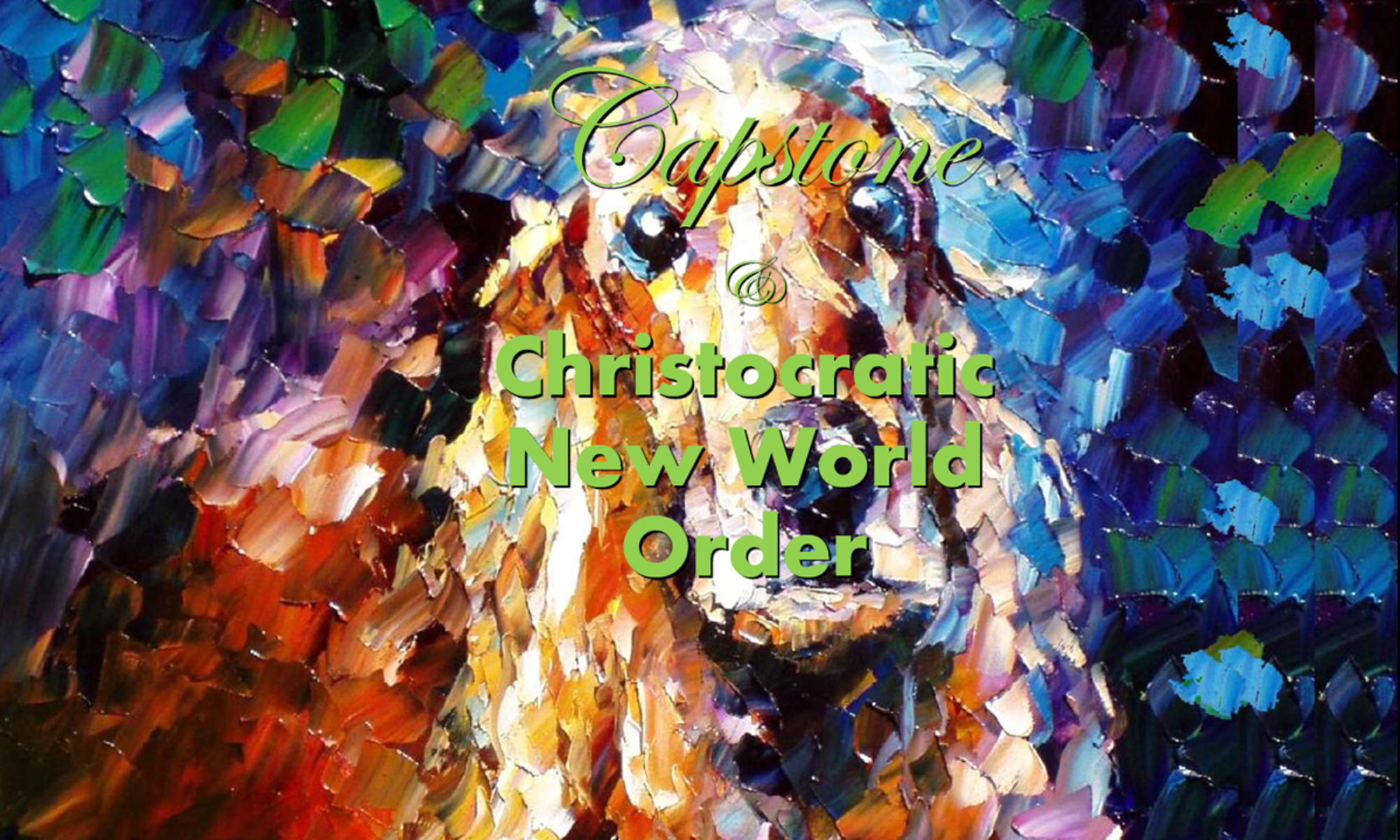John Piper quotes John Newton as saying:
If I were not a Calvinist, I think I should have no more hope in preaching to men, than to horses or cows.
Ian Bowler explains the above quote as:
I believe he means that without the efficacious call of God, man could no more respond to the Gospel than a horse or a cow. As a Calvinist, Newton believed that salvation was by the power of God and not reliant in any way on a man’s ability to, of his own accord, acquire saving faith (saving faith being a gift from God – the result of his efficacious call). Newton’s confidence was in God alone and was a result of his understanding of God’s sovereignty. If he had held a different view of God’s sovereignty, he felt that he would lack the same confidence.
Was man dead on arrival? As i explain Ephesians 2:1 in the article, “Entering and Remaining in the Kingdom of God”, Paul was merely alluding to John 3:18 (paraphrased) where our Lord Jesus says:
“He who believes in Him is not judged; he who does not believe has been judged (or condemned to death) already, because he has not believed in the name of the only begotten Son of God.”
In other words, he is on the broad road on the way to hell, but surely not dead spiritually. He is not totally depraved. There maybe some goodness in him, namely humility of trusting in a good person, which when exercised will lead to life. But that is not to discount the fact that we will die out of despair after beholding our depraved sin condition in the face of a holy God who will not tolerate sin in His presence. We will then have to be resuscitated to life by the Word/Spirit of God, which tells us of one Savior.
This aspect of dying is not for God to execute but we need to die ourselves. In other words we need to become so humble or so small by our own self will that it is like becoming a nothing…a zero…dead. See “Be Born Again!” No doubt this can happen only after the Good News is presented to us by the minister of the Spirit–Word of God.
We will then get a hope of a tomorrow (life), but the burial as well as the resuscitation itself is carried out in the Waters of Baptism, which is administered by a duly appointed member of a church characterized by agape love. It is only then that we get the assurance of salvation (moksha).

